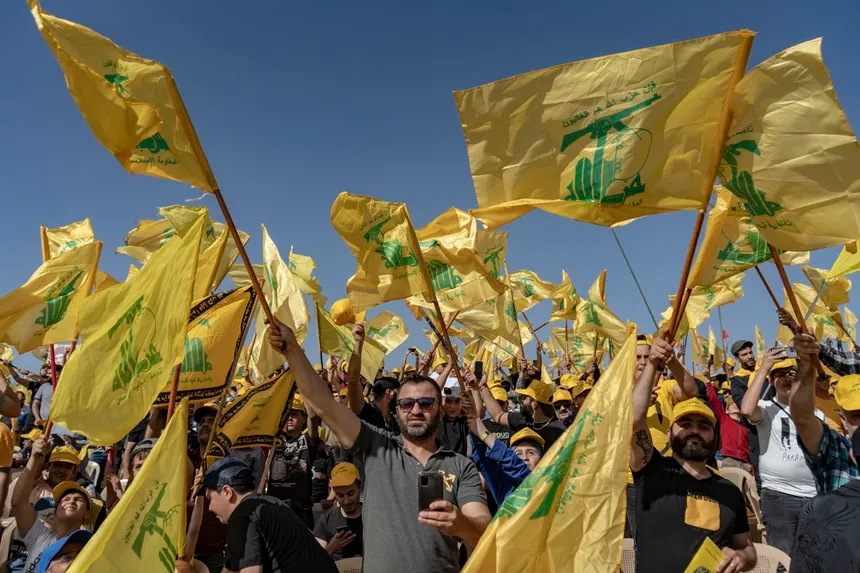A significant development has taken place in Lebanon, where a gunman who opened fire at the US embassy near Beirut has been charged by a judge with being affiliated to the militant Islamic State group. According to security and judicial officials, the gunman, identified as Kaiss Farraj from Syria, was arrested after a 30-minute shootout with Lebanese soldiers that resulted in injuries to one embassy security guard.
This incident took place amidst heightened tensions in the country, where fighting between Hezbollah militants and Israeli troops has displaced thousands along the border, following years of political deadlock and economic hardship. The attack on the US embassy has raised concerns about the potential for further violence in the region.
The Islamic State group has not claimed responsibility for the attack, nor has any other group. However, judicial and security officials familiar with the investigation initially believed that Farraj was a lone wolf and not linked to any extremist group. This assessment was later retracted, and the officials now believe that Farraj’s actions were indeed linked to the Islamic State.
The investigation into the attack has led to several arrests, including those of three relatives of the suspect and two other individuals believed to be associated with him. Additionally, two others who allegedly sold weapons to the gunman were charged with selling unlicensed firearms.
The authorities also revealed that the gunman, who was shot three times in the shootout, is in poor health and remains unconscious. This latest development comes amidst a backdrop of historical tensions between the US and Lebanon, dating back to the 1983 bombing attack on the US embassy in Beirut that killed 63 people. The US has long blamed the attack on the Lebanese militant group Hezbollah.

Hezbollah group in Lebanon03
The US embassy was relocated to the Christian suburb of Aukar, north of the capital, following the attack. However, another bomb attack struck the new location in 1984, highlighting the ongoing security concerns in the region. In September 2023, Lebanese security forces detained a man who opened fire outside the US embassy, although there were no casualties in that attack.
More recently, in October 2023, hundreds of protesters clashed with Lebanese security forces in demonstrations near the US embassy in support of Gaza’s people and the militant group Hamas in its war with Israel. These protests were a manifestation of the complex political dynamics at play in the region, where various groups are vying for influence and the US is a significant player.
The charges brought against Farraj mark a significant escalation in the investigation into his actions, and it remains to be seen what further developments will unfold. The authorities are likely to face intense scrutiny in the coming days and weeks as they work to unravel the mystery behind the attack and prevent future incidents.
